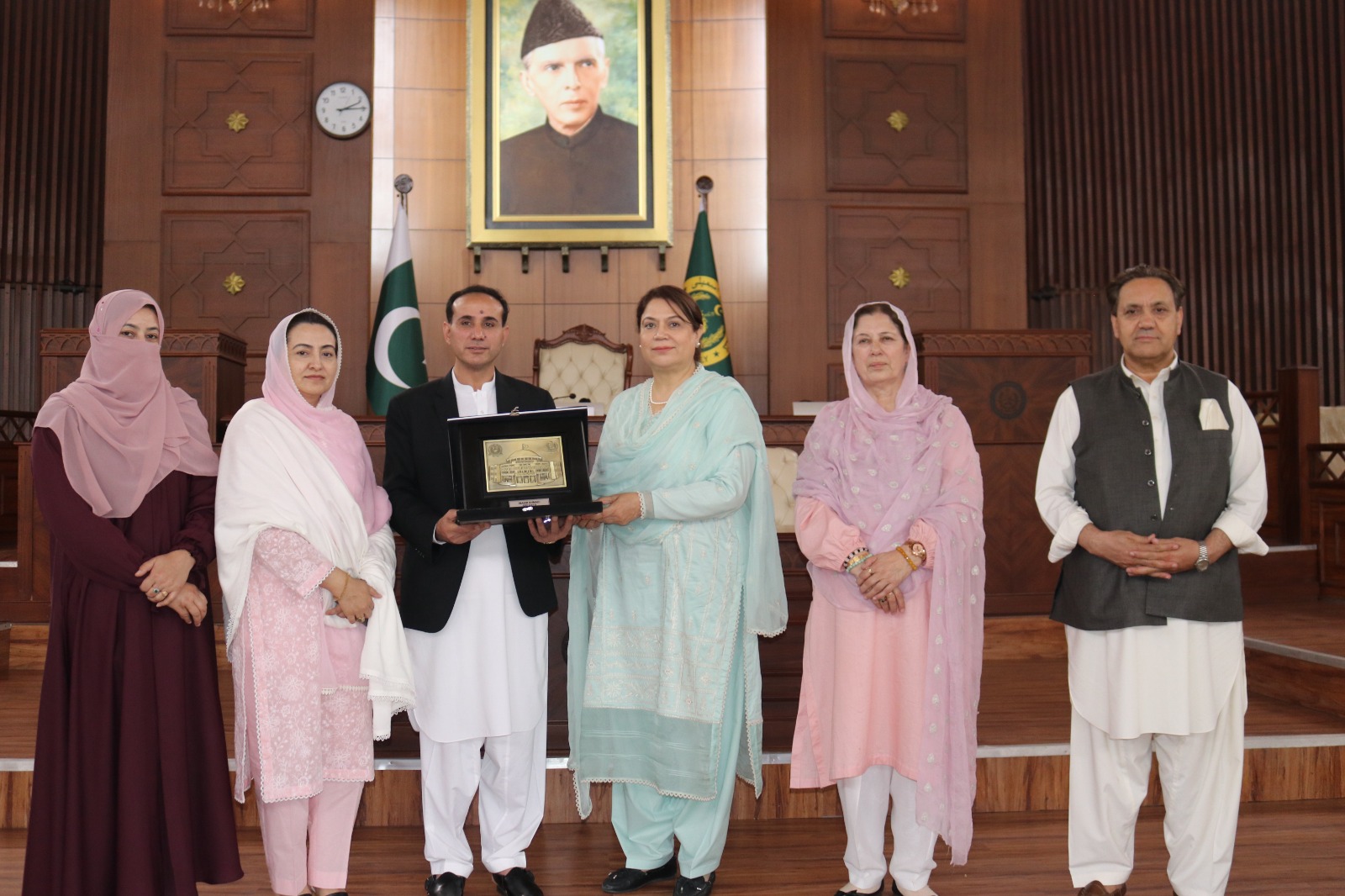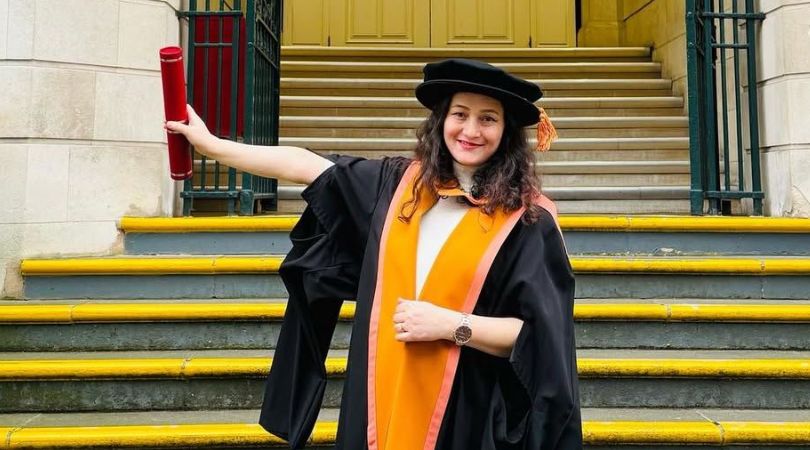This article gives a brief but comprehensive account of the life of the founder of modern Karachi, Jamshed Nusserwanji Rustomji Mehta
Life history
Born to a well-off Parsi family in 1886, Jamshed Nusserwanjee Rustom Jee Mehta was a politician, social worker, and animal rights activist from Karachi. He was an elected councilor at Karachi Municipal Corporation from 1918 – 24. After serving as councilor for 6 years, he got elected for the post of president of the corporation in 1924. Moreover, he became the first elected mayor of Karachi in 1933 and served in that capacity for one year.
He is a genuine political leader and maker of modern Karachi. Furthermore, people hail him as the father of Scouting in Sindh and Indo-Pakistan.
By 1940 he had retired from politics and devoted the rest of his life to social work and the welfare of the common people.
Contribution towards the betterment of society
Before there was no health center related to the health issues of women in the city. Jamshed Nasserwani founded Gulbai maternity in 1920 in the Saddar area of Karachi to cater to the health needs of women during pregnancy, etc.
Likewise, Karachi gave a picture of a fishing village before Jamshed got elected to Karachi municipality. During a political career spanning over a period of almost two decades, he transformed the city into a great metropolis.
Jamshed Nassewanji founded the Peasant movement today known as the Sindh Hari Committee today. Similarly, he played an important part in the construction of the Sukkur Barrage and the administrative separation of Sindh from the Bombay Presidency.
Under his dynamic political leadership, the socio-economic conditions of the people of Karachi significantly improved. The streets of the city used to get washed twice a day. To his credit, the city had attained the status of the cleanest city in Asia.
He retired from politics in 1940 and devoted the rest of his life to social work and the welfare of the common people.
Demonstrated values
The following are the values that Jamshed Nusserwanji demonstrated in his private and public life:
1. Selflessness
2. Transparency
3. Faith in God
4. Love for humanity
5. Love for animals
6. Tolerance
7. Courage
A book published by the Jamshed Memorial Committee says that Nasserwanji in his daily prayers used to pray to Allah to empower him to serve humanity. He prayed to Allah to empower him to demonstrate transparency and selflessness in his official and social conduct.
Jamshed was also an animal-loving person. He established veterinary hospitals in Karachi during his political tenure. He himself used to carry the ill and injured animals to the vet and monitor the treatment.
How can we practice exemplary behavior based on the above-mentioned values?
What we can integrate into our practical life from Jamshed Nusserwanji are the values of selflessness, Selflessness, transparency, faith in God, love for humanity, and love for animals. His role as a political leader inspires us to adopt and practice pluralism and secularism in Karachi.
According to Akhtar Baloch, a researcher and academic associated with Dawn.com, Jamshed Nusserwanji followed an inclusive policy. When there was an occasion of inauguration during1930s verses from holy books of Islam, Christianity, Hinduism, Zoroastrianism were recited manifesting inter-religious harmony.
Similarly, the authorities had named main roads and streets after prominent personalities across religious faiths. Unfortunately, after the partition, the authorities have renamed these roads by removing the names of non-Muslims who contributed to the development of Karachi.
Condition of society before and after the intervention
Before he assumed the responsibility as the president of Karachi Municipal Corporation, there were a few kilometers of properly constructed roads. Karachi had more than 70 miles of well-constructed and smooth roads washed twice a day when he retired.
Karachi lacked a proper supply of clean drinking water before. However, when Jamshed vacated his office, all city duelers had access to clean drinking.
Similarly, Nusserwanjee turned Karachi into a planned and developed city. He introduced proper sanitation and waste management system thus making Karachi the cleanest city in Asia. Before Nasserwanji, the city gave a picture of a fishing village.
Memorials
Pakistan Post Office issued a commemorative postage stamp of three rupees on January 7, 1988. Similarly, there is Jamsheed Memorial Hall, named after Jamshed Nasserwanji, on M. A. Jinnah Road in Karachi.














